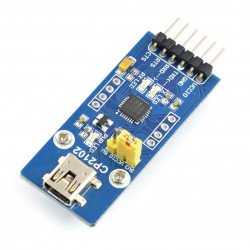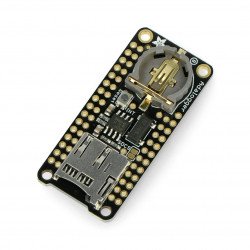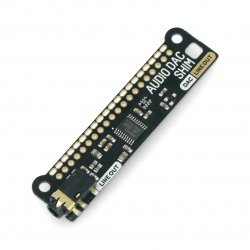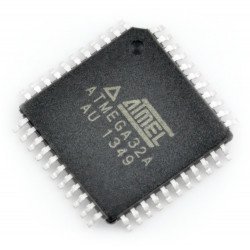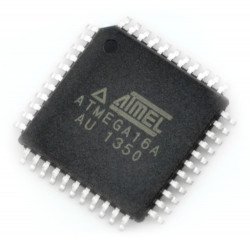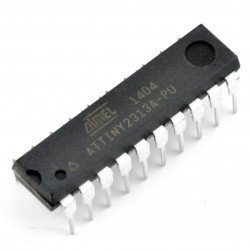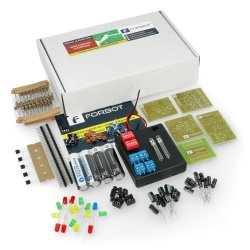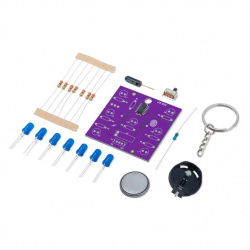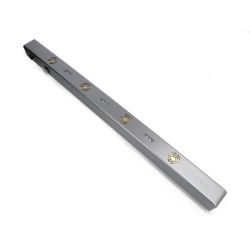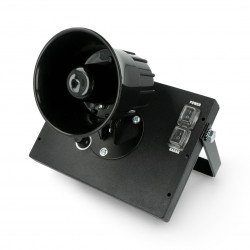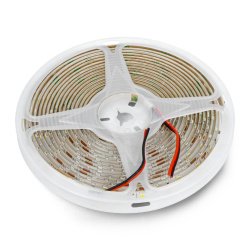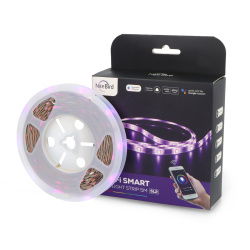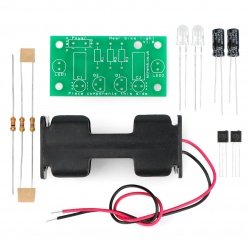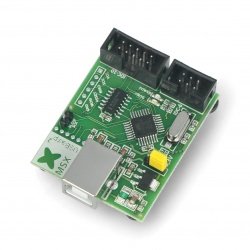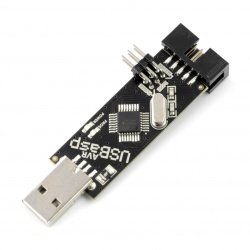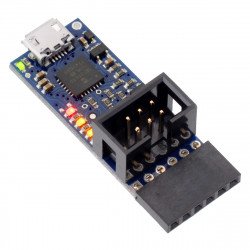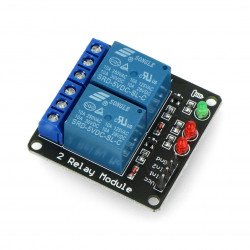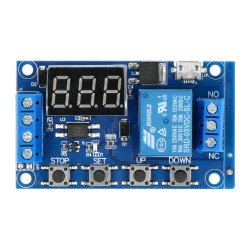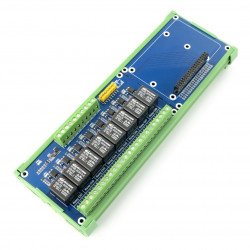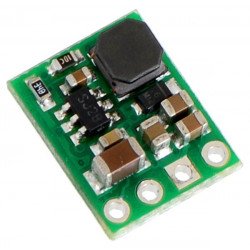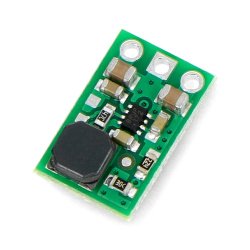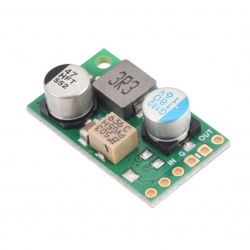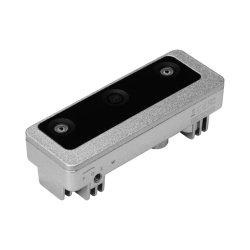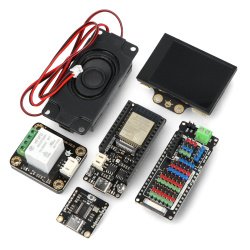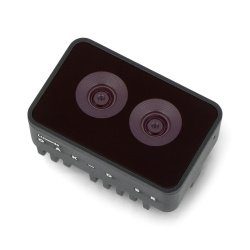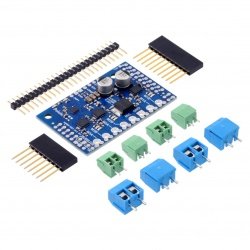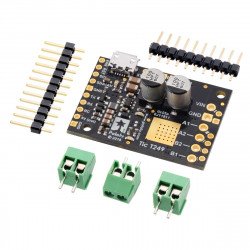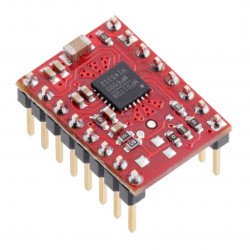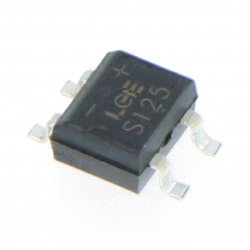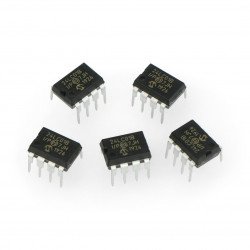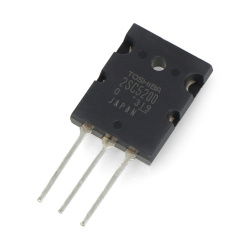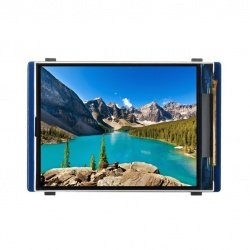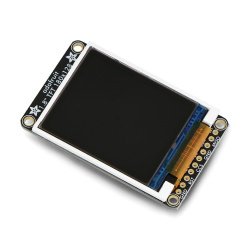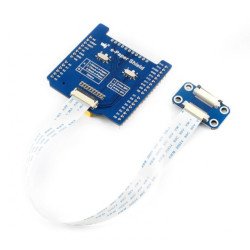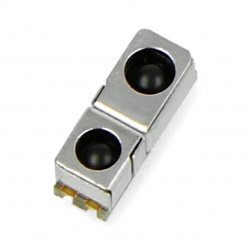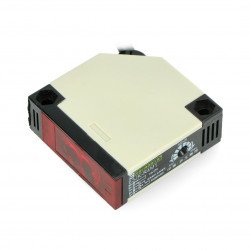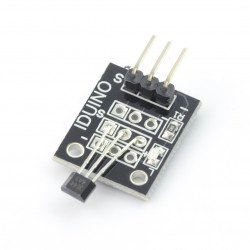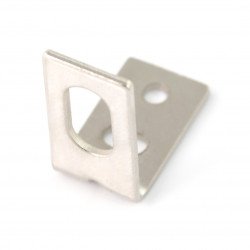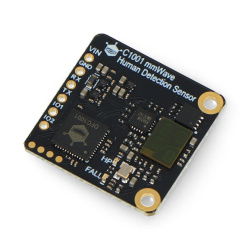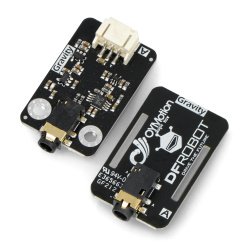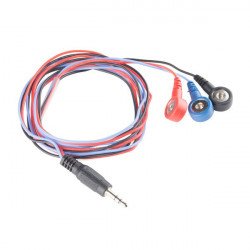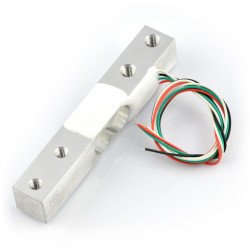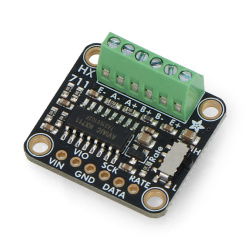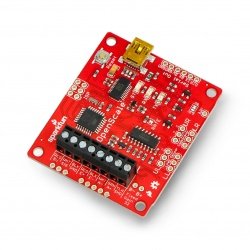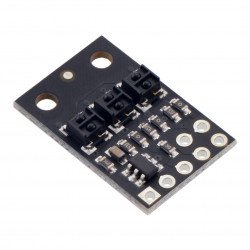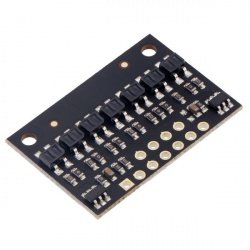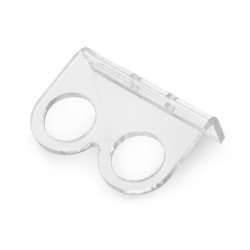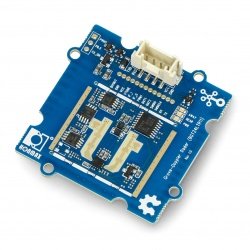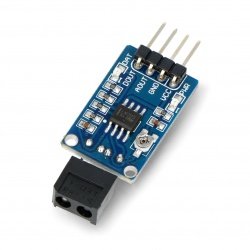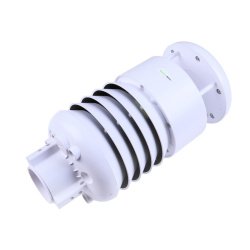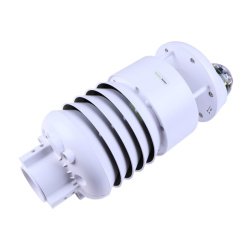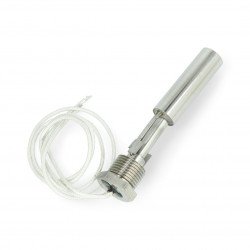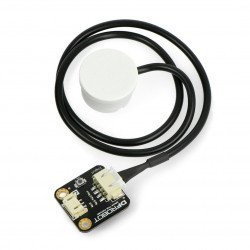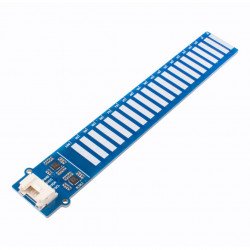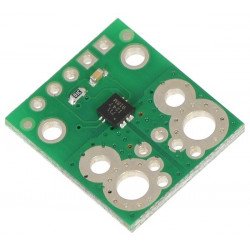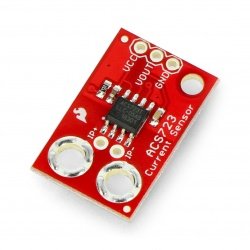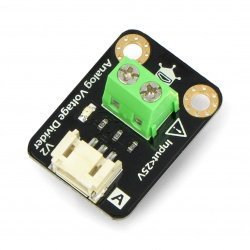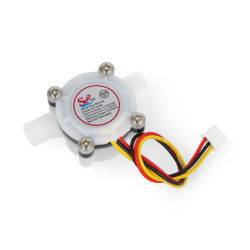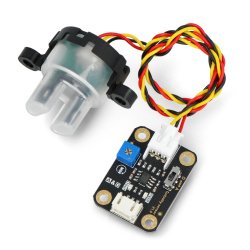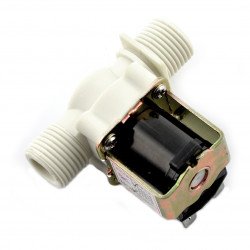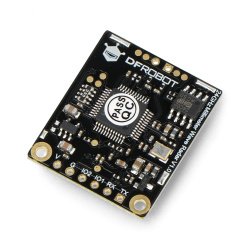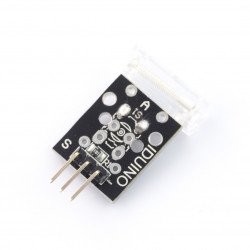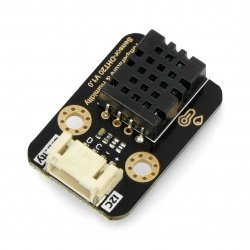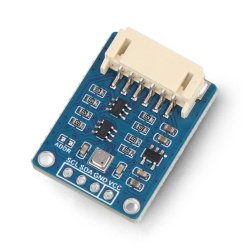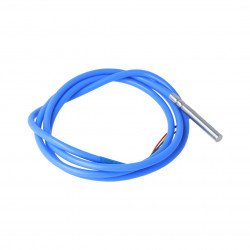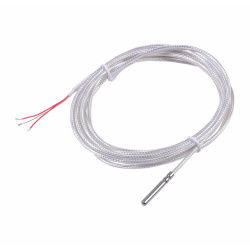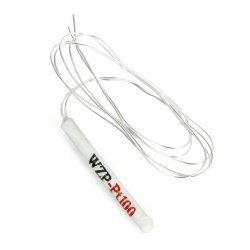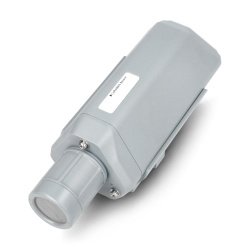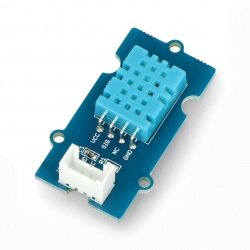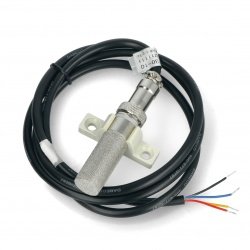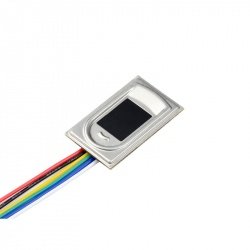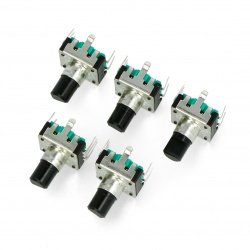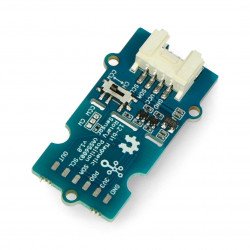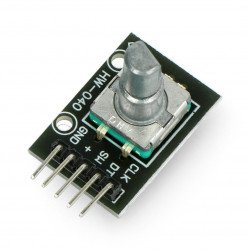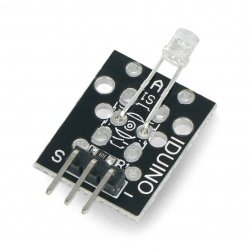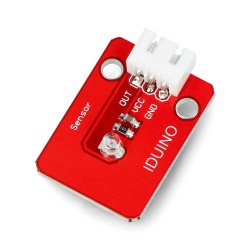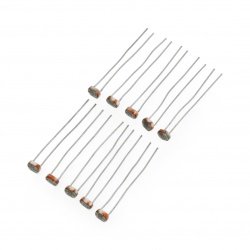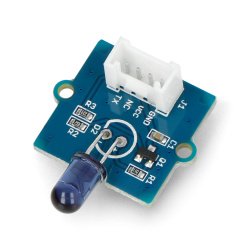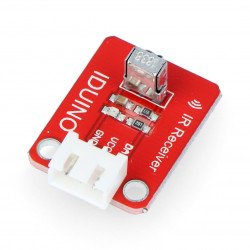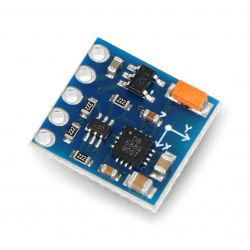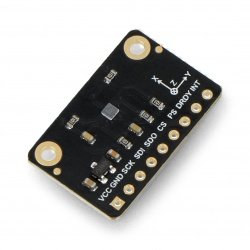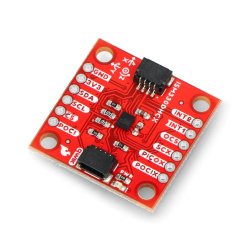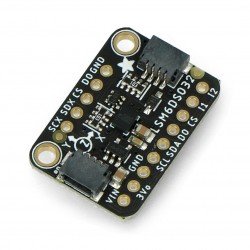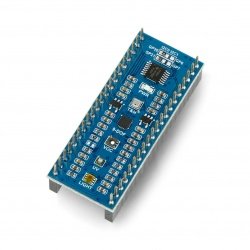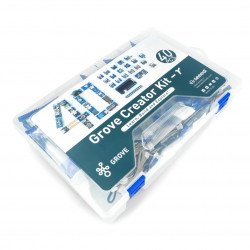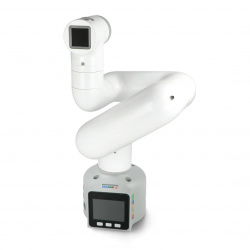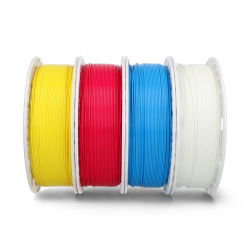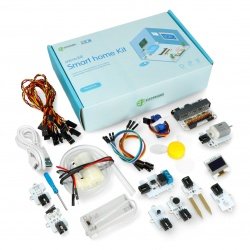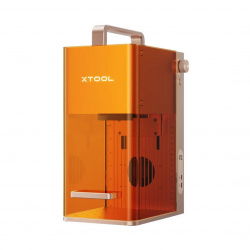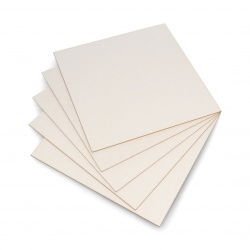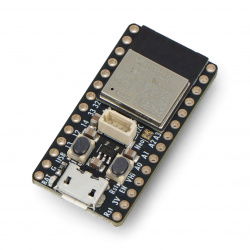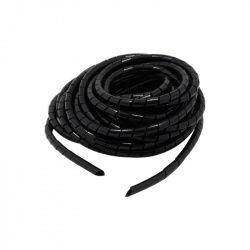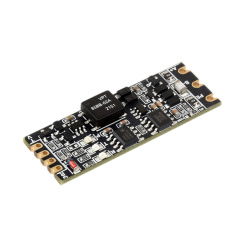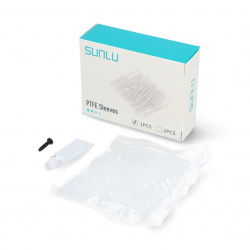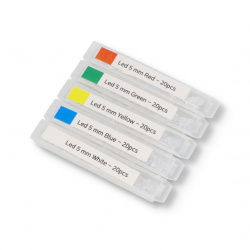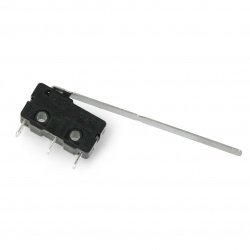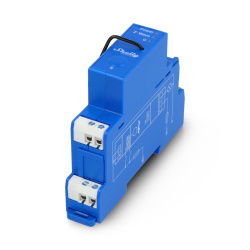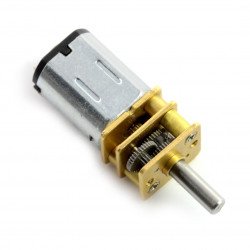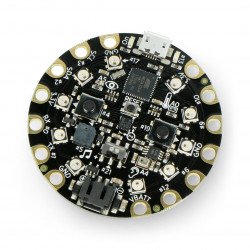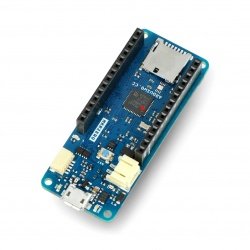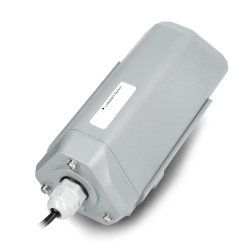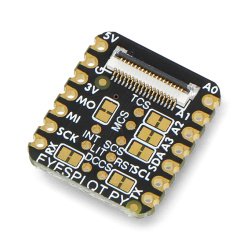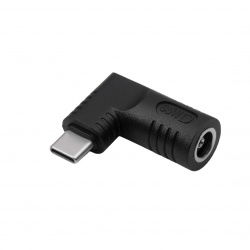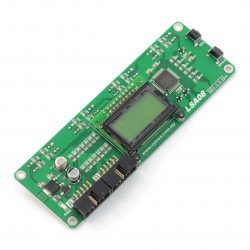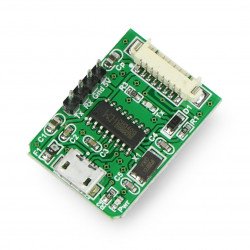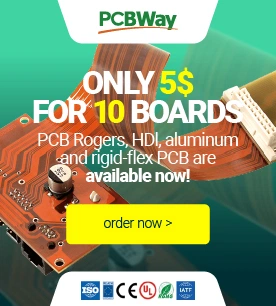- Page
- View all
- 3D print
- Minicomputers
- Electronics
- Sensors
- Robots & mechanics
- Tools & Power Supplies
- Education
- Smart Home
- Others
- 3D PRINTING
- View all
- 3D printers
- Filaments
- Accessories for 3D printers
- Replacement parts for 3D printers
- Creative kits for 3D projects
- Filament dryers
- Postprocessing and filament merging systems
- Resins for 3D printers
- Components for 3D printers construction
- 3D scanners
- 3D Pens
- CNC
- MINICOMPUTERS
- View all
- Raspberry Pi
- Arduino
- Nvidia
- Edge AI
- Flipper Zero
- XIAO
- Odroid
- BBC micro:bit
- Other minicomputers
- M5Stack
- ESP32
- PLC drivers
- ELECTRONICS
- View all
- Computer accessories
- Automobile accessories
- Cooling
- Diodes
- Sound and acoustics
- Mounting components
- Passive elements
- Wearables (e-textiles, smart clothes)
- Cameras
- Consoles
- Memory cards & disks
- Communication
- Converters
- Microcontrollers
- Electronics courses
- Animal repellers
- LED lighting
- Programmers
- Relays
- Voltage regulators
- Artificial intelligence
- Motor drivers and servos
- Integrated circuits
- Displays and screens
- More...
- SENSORS
- View all
- Alarm sensors
- Inductive sensors
- Piezoelectric sensors
- 9DoF IMU sensors
- Pressure sensors
- Oxygen sensors
- Twilight sensors
- Door sensors
- Gas sensors
- Optical sensors
- Tilt sensors
- Accelerometers
- Air quality sensors
- Sound sensors
- Gesture sensors
- Grove modules
- Inductive contactless sensors
- Gravity modules
- Limit switches
- Sensors of light and color
- Magnetic sensors
- Medical sensors
- Pressure sensors
- Sensors odbiciowe
- Distance sensors
- Weather sensors
- Liquid level sensors
- Current sensors
- Flow sensors
- Motion sensors
- Temperature sensors
- PT100 temperature probes
- Humidity sensors
- Fingerprint readers
- Encoders
- Hall effect sensors
- Photoresistors
- RPM sensors
- Phototransistors
- IR receivers
- Magnetometers
- Resistance sensors
- Gyros
- Sensor sets
- More...
- TOOLS AND POWER SUPPLIES
- View all
- Tools
- Soldering
- Power supply
- Oscilloscopes
- Measuring instruments & devices
New products
Promotion products
Grove - smoke and flammable gases - MQ2 - analog - semiconductor
- Reduced price
- Sale
- Sale
- Sale
- Sale
- Sale
SenseCAP S2106 - water pH sensor - LoRaWAN - Seeedstudio 101070001
- Reduced price
- Sale
- Reduced price
- Sale
- Reduced price
- Sale
List of products by brand Freescale
Freescale Semiconductor Incorporation is a multinational company headquartered in the U.S. in Austin, Texas, which was formed in 2004 as a result of a spin-off from Motorola's semiconductor devices division. The company employs nearly 17,000 people in 75 research and development centers, production plants and sales departments in 19 countries. Freescale is a world leader in embedded systems. Among its products the leading role is played by microprocessors, microcontrollers, analogue integrated circuits and measurement sensors. Emphasis is also placed on the integrity of the technology and its environmental friendliness. Freescale's chips are used in automotive applications, including electric and hybrid vehicles, wireless communication networks, intelligent power management systems, portable electromedical equipment, as well as consumer electronics and household appliances.
Pioneering solutions in devices for remote information exchange
Freescale was one of the first semiconductor companies in the world, becoming an integral part of Motorola in 1948. In 1955, Motorola engineers developed high power transistors that were the first to enter mass production and became popular in car radios. In 1962, the technology developed by Motorola was applied to walkie-talkies - the first two-way (half-duplex) transmission devices equipped with a transistorized power supply and a car-dedicated receiver attachment. In the late 1960s, as part of the Apollo program, among several hundred specialists working on the mission to land a man on the moon and return him to Earth, Motorola specialists also worked on designing, testing and manufacturing electronic circuits, providing thousands of devices necessary for remote communication during the Apollo program. The 1970s saw Motorola working hard to develop radio frequency scanners and prototype the first analog cell phone.
Development of microprocessor technology
The first Motorola microprocessor to be released was the 8-bit MC6800 in 1974 and it found use in automotive and video game applications. Ten years later, came the MC68000, a 32-bit microprocessor that appeared in computer equipment from manufacturers such as Hewlett-Packard, Commodore, Sega, Atari, Sun and Apple. And in the 1990s, Motorola's semiconductor technology enabled the development of smart car ABS switches, airbag control systems, MEMS sensors, and telematics systems. Since then, the company has continued to develop its technology to meet the needs of private users, the medical, telecommunications and automotive sectors, laying the foundation for the first wireless insulin pump, and in automotive, intelligent engine management systems. In the popular video game Guitar Hero, a Freescale accelerometer is built into the guitar-shaped controller, which detects frequency detuning by the player pulling up the virtual guitar strings. Another innovation of the company is the introduction of specialized processors for E-book readers. In 2009, Freescale unveiled the first DC voltage converter with a soft-start system for use in photovoltaic and thermoelectric high-temperature electricity storage systems. 2011 saw the launch of DSP signal processors for GSM base stations and magnetometers for location tracking in mobile devices. A year later, in collaboration with McLaren Electronic Systems, Freescale designers were involved in modifying NASCAR racing vehicles. The modifications involved changing the vehicles' engine supply system from a carbureted system to an electronically controlled injection system. In 2015, Freescale was absorbed into the structure of the Dutch company NXP.






















































































